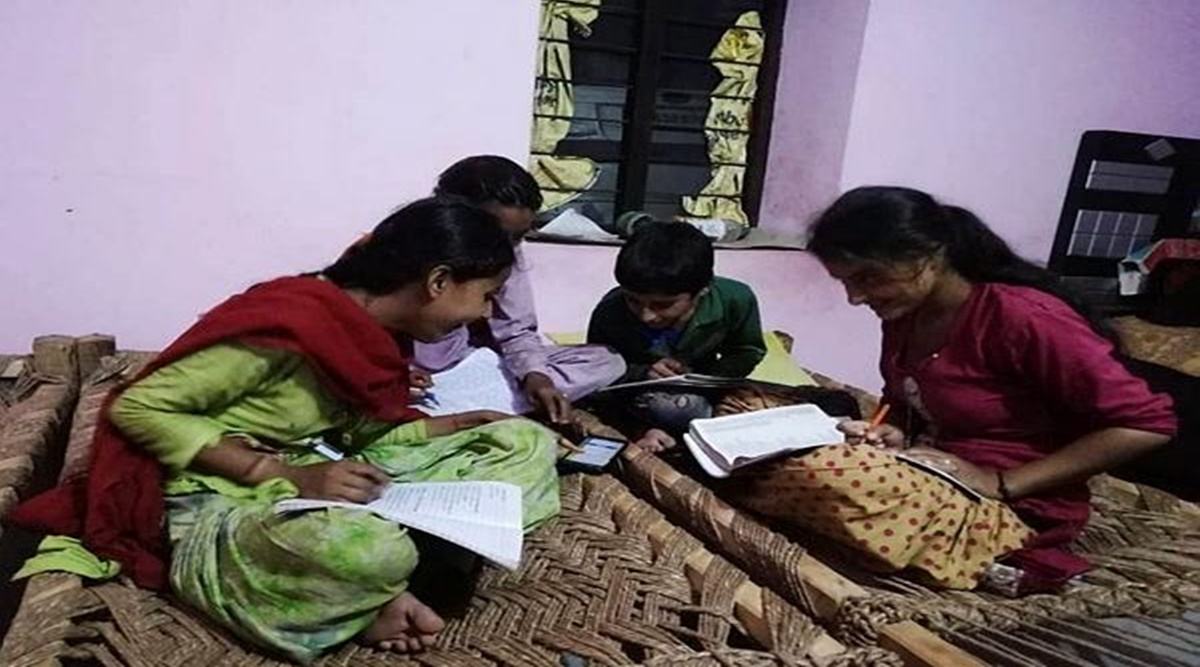More than 90 per cent of teachers felt that no meaningful assessment of childrens' learning was possible during online classes. The University stated that more than 60 per cent of children cannot access online education opportunities.
An overwhelming majority of teachers and parents find online teaching inadequate and ineffective and most parents are eager to send their wards to school, revealed a study by a private university here on Monday.
The Azim Premji University on Monday released its field study on Myths of Online Education, which was undertaken in five states across 26 districts covering 1,522 schools, the university said in a statement.
These public schools have more than 80,000 students.
The objective of the study was to understand the experience of children and teachers with online education.
“The study finds an overwhelming majority of the teachers and parents stating that the online mode is inadequate and ineffective for education,” the statement read.
The study also reveals that most parents are eager to send their children to schools with necessary health safeguards and do not think that the health of their children would be affected in such an event, the university added.
“Online education is ineffective because of the basic character of education, and not merely because of lack of access to the net and online resources, especially for school-age children,” said Anurag Behar, Vice-Chancellor of the Azim Premji University.
He explained that education required physical presence, attention thought, and emotions, all to be sewn towards learning goals, step-by-step, often back-and-forth, and differently for each student.
Behar added that education required intense verbal and non-verbal interactions amongst teachers and students, which is possible only in actual classes.
According to the University, more than 80 per cent of teachers expressed the impossibility of maintaining an emotional connection with children during such classes, thus eliminating the very basis of education, and more than 90 per cent of teachers felt that no meaningful assessment of childrens’ learning was possible during online classes.
The University stated that more than 60 per cent of children cannot access online education opportunities.
The reasons include the non-availability of or an inadequate number of smartphones for dedicated use or sharing, and difficulty in using the apps for online learning.
Source: Read Full Article


